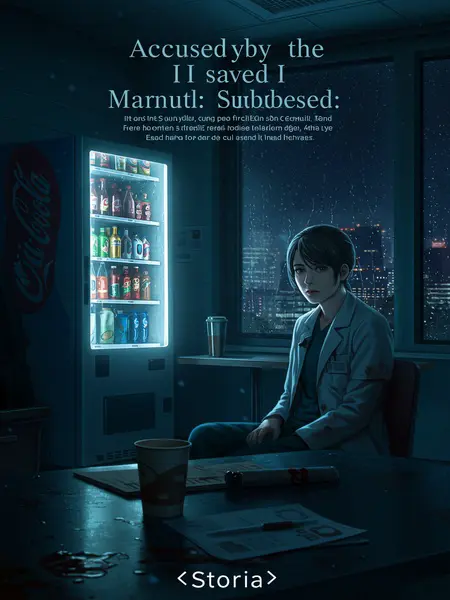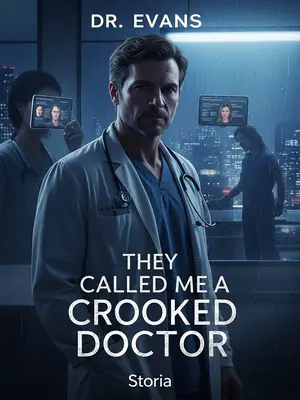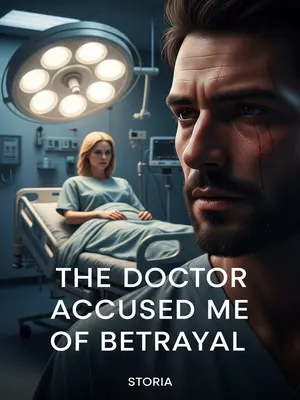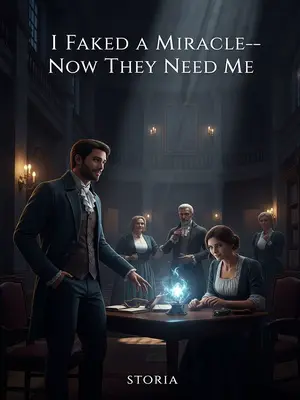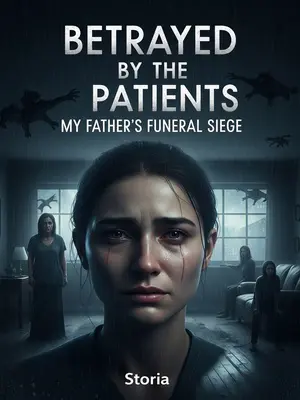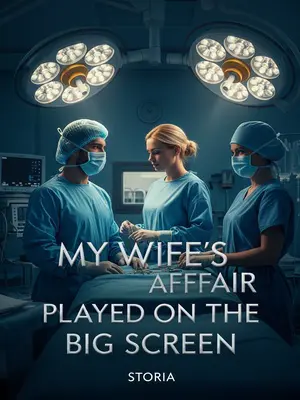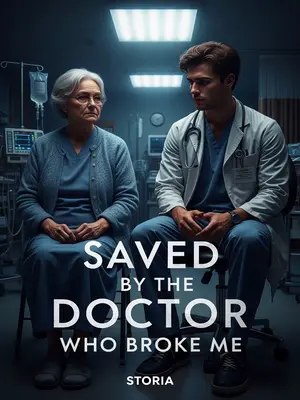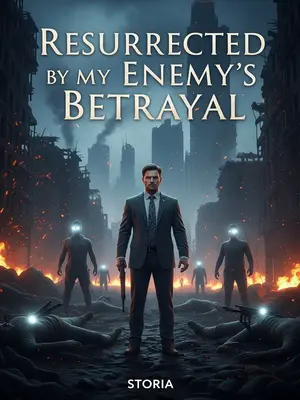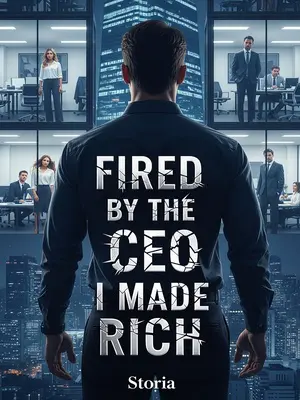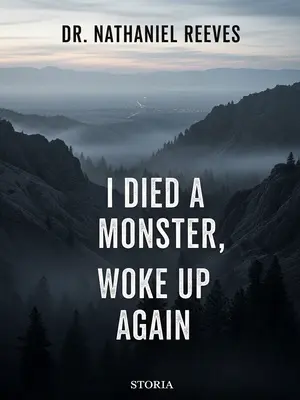Chapter 3: The Miracle and the Price
Saving lives has always been my calling, so of course I didn’t refuse. After confirming the date, I immediately rearranged my schedule and flew over a thousand miles to the patient’s city.
The plane ride was a blur—turbulence over the Rockies, bad coffee, my mind replaying the procedure step by step, the anatomy of the brainstem burned into my brain.
Before the operation, the patient’s mother came to see me.
She found me in the pre-op waiting room, clutching her purse in both hands, voice trembling as she begged me to save her son. There was exhaustion in her face, but a stubborn, desperate hope that wouldn’t die.
“Dr. Monroe, please, you have to save my son. He’s only twenty-six, not even married yet—his life is just starting…”
She was sobbing, and for a second I thought she might hit the floor right there.
I caught her by the elbow, steadying her before she collapsed. There’s a kind of grief that’s so raw, it makes you forget yourself. I’d seen it before, but it never got easier.
“Ma’am, I promise I’ll do everything in my power to help your son. He’s tougher than he looks—you gotta believe in him, too.”
I quickly helped her up, making a solemn promise I didn’t take lightly.
Her hand shook in mine, and for a moment, she just nodded, too overwhelmed to speak. I’ve never liked making promises, but sometimes it’s all you can offer.
With her tearful pleas still echoing in my mind, I entered the operating room.
I scrubbed in under the harsh fluorescent lights, the familiar ritual calming my nerves. The staff was tense—whispering, stealing glances. In a place where hope was rationed, everyone watched for miracles.
Pre-op prep was done, and the surgery began: scalp incision, drilling, separating the dura and inner skull plate… Everything went smoothly.
The sound of the drill was a strange comfort—loud but steady, a soundtrack to a thousand previous operations. I slipped into the rhythm, each movement precise, automatic.
The patient’s local attending surgeon handled the opening. My job was to step in for the critical part—the reason they’d flown me in.
A lot of surgeons would hesitate here—palms sweating, heart racing—but for me, it was a familiar dance. The attending handed me the instruments with a reverence usually reserved for sacraments.
Through the microscope, I quickly found the lesion in the left hemisphere’s motor cortex. With one precise cut, I removed the problematic nerve tissue.
The view was otherworldly—cells shimmering in the blue-white glow. With a steady hand, I snipped away the trouble, careful not to disturb a single extra fiber. One slip and the consequences would be devastating.
The whole process took just about a minute.
Time telescoped—sixty seconds that felt like a lifetime. Everyone in the room held their breath.
“Whew.”
I let out a long breath and stepped back. The attending finished with cleaning and suturing. The surgery lasted two and a half hours, but my part was just one minute—that one minute was everything.
There’s a strange intimacy to the handoff after a critical procedure. I could feel relief ripple through the team. I peeled off my gloves, my own pulse racing beneath the calm.
“Dr. Monroe, my son… is he okay?”
The patient’s mother stood just outside the OR doors, wringing her hands, tears streaming down her face. I remembered my own mother in moments like this—how she’d worry even if I just had a fever.
“The surgery went great. Once the anesthesia wears off, we’ll do a full checkup. If all is well, your son should recover soon.”
I held her hand, nodded, and tried to smile reassuringly.
I tried to put every ounce of certainty I could into my voice. Sometimes, it’s not the medicine but the hope that pulls people through.
“Thank you, thank you so much.”
She choked up again. Her knees buckled a little, but she managed to stay upright. You never forget the sound of a parent’s gratitude—sometimes it’s the only reward you get.
The post-op checks were just as expected—no problems at all. In two or three weeks, he’d gradually recover and get back to normal life.
The whole staff buzzed with cautious optimism. You could feel the energy shift, a collective sigh of relief. I marked the date in my notebook—another small victory.
In more than ten years as a doctor, I’ve performed thousands of similar surgeries. Every time I saw a family’s worry turn to relief, I felt deeply gratified. Saving lives—isn’t that a doctor’s duty? Curing a patient saves a life, and saves a family too.
There’s a kind of joy that comes from seeing a family walk out of the hospital together, laughing. It’s rare, but when it happens, it keeps you going through the hard days.
